Climate Anxiety on the Rise
5 Strategies to Help Relieve Effects
Climate anxiety is becoming an increasingly prevalent issue, with recent research revealing that three-quarters (75%) of people living in Canada are experiencing anxiety about climate change and its impacts. The demographic most affected includes individuals aged 18 to 34, with 81% reporting feelings of climate anxiety. Among the provinces and territories, Quebec residents are most likely to worry about climate change (86%), closely followed by those in Ontario (74%) and British Columbia (74%).
What is Climate Anxiety?
Sarah Lowe, a clinical psychologist and Associate Professor at the Yale School of Public Health, describes climate anxiety as “fundamentally distress about climate change and its impacts on the landscape and human existence.” Climate anxiety can manifest through mental symptoms such as upsetting thoughts or feelings about the future, and physical symptoms such as increased heart rate and shortness of breath.
How can you help alleviate climate anxiety symptoms?
If these symptoms resonate with you, here are five simple strategies to help manage and alleviate climate anxiety:
1. Get outdoors and spend time in nature: Immersing yourself in the natural world is one of the most effective ways to relax and recharge. Nature has a profound ability to improve mental and physical well-being.
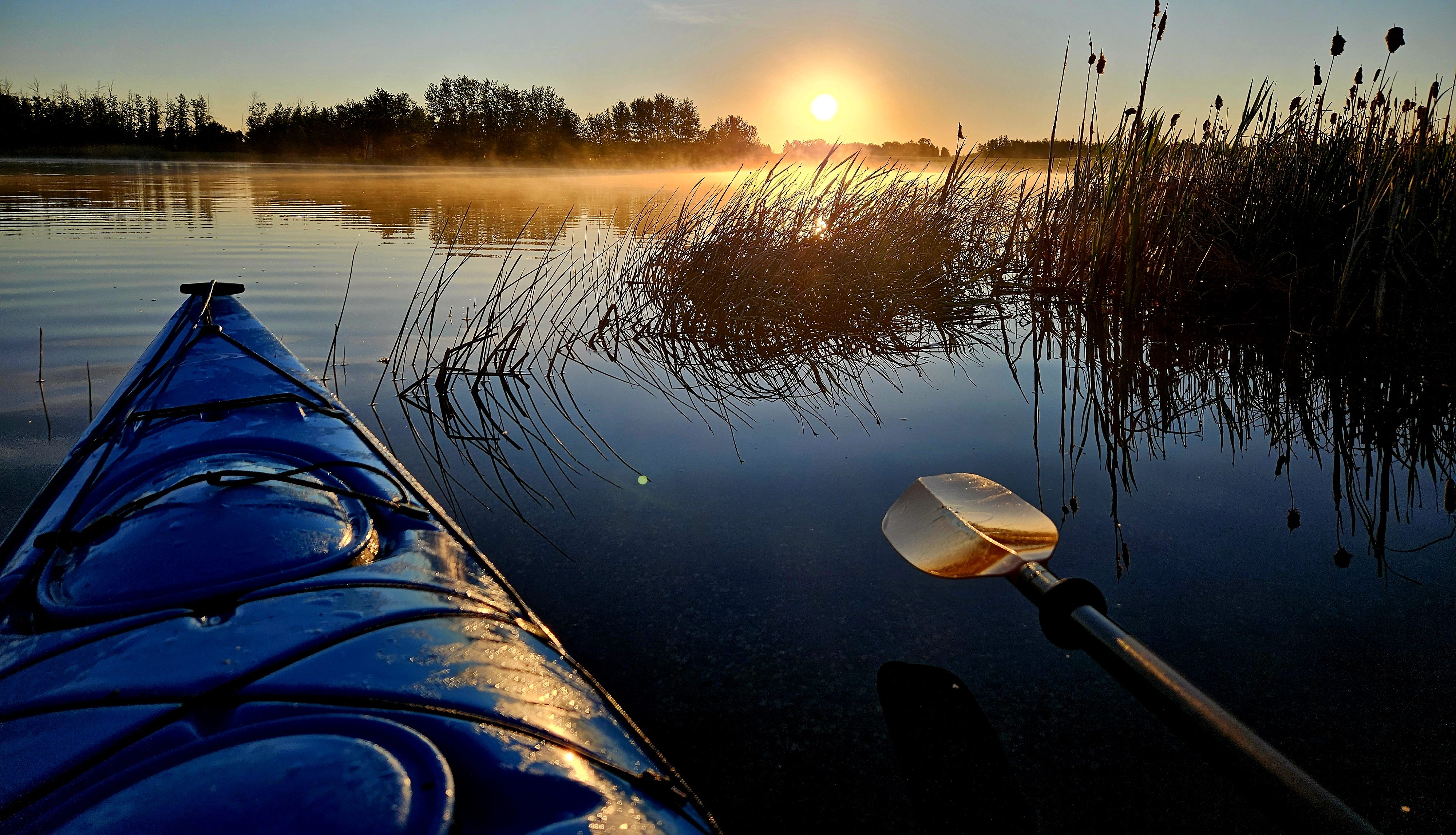
2. Connect with like-minded individuals: Sharing your experience of climate anxiety with others who feel similarly can be validating and relieving. It can also inspire new ideas on how to take collective action.
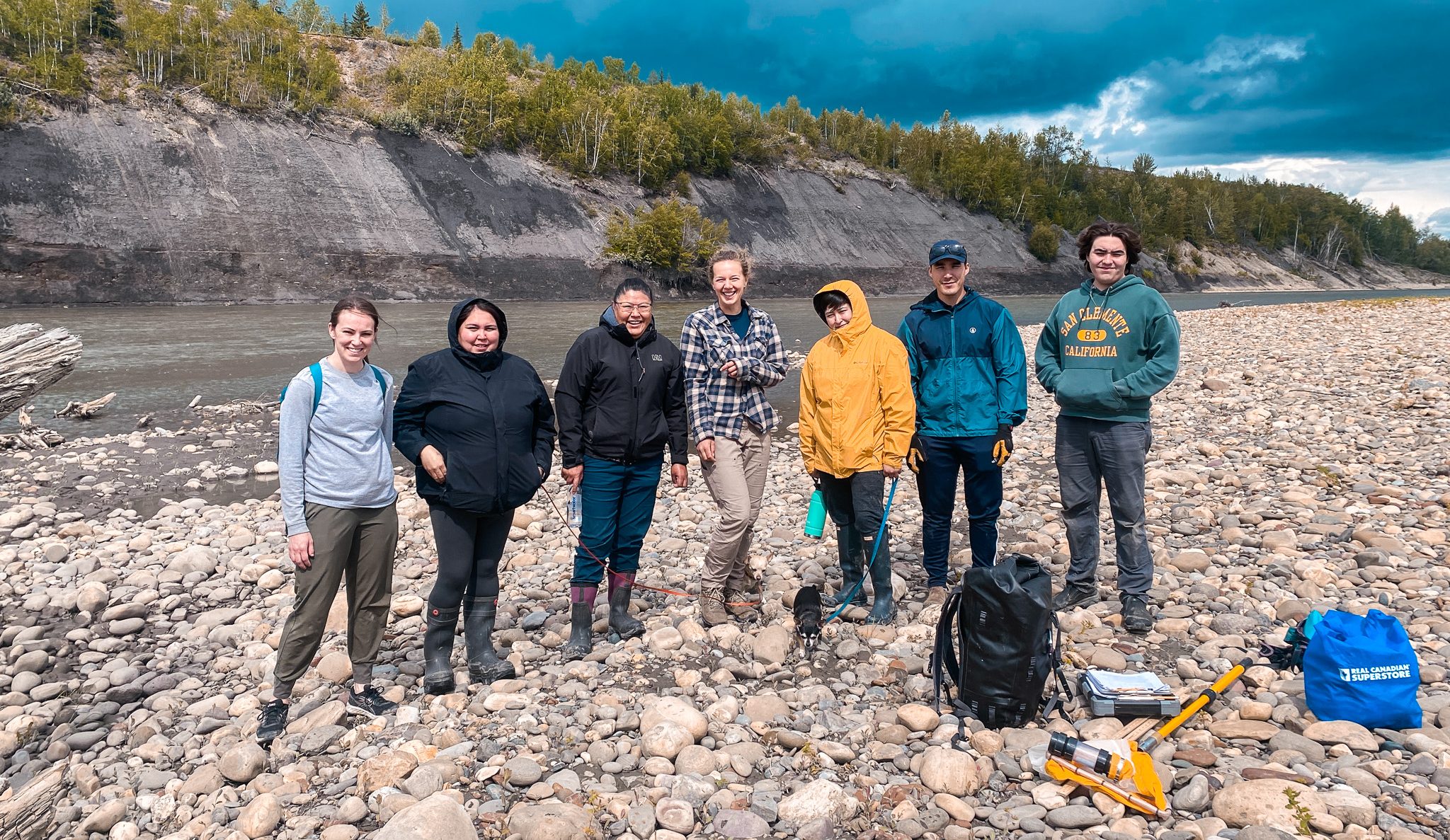
3. Get involved in local stewardship projects: Engaging in environmental projects can be empowering. It allows you to make a tangible positive impact, which can alleviate feelings of helplessness and worry. Keep an eye out for park and beach clean ups, invasive species removal or tree-planting events, and volunteer opportunities with local stewardship and environmental groups.
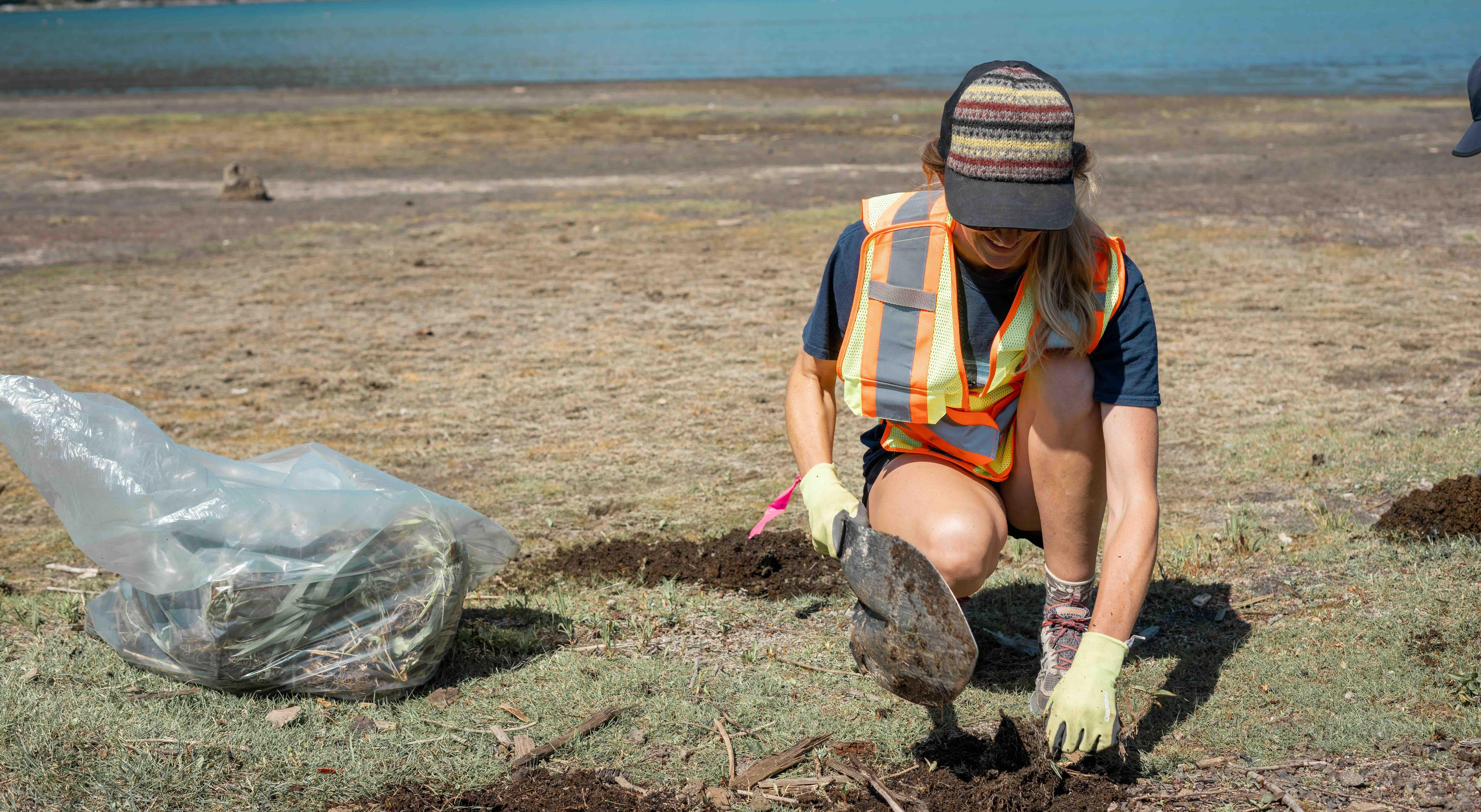
4. Use tools like mindfulness or meditation: These techniques are excellent for calming anxious thoughts and fostering a sense of grounding, positivity and peace.

5. Join an environmental citizen science program: There are many amazing opportunities to help meaningfully contribute to science and grow your environmental knowledge. This includes our National Lake Blitz, an entry-level lake monitoring program.
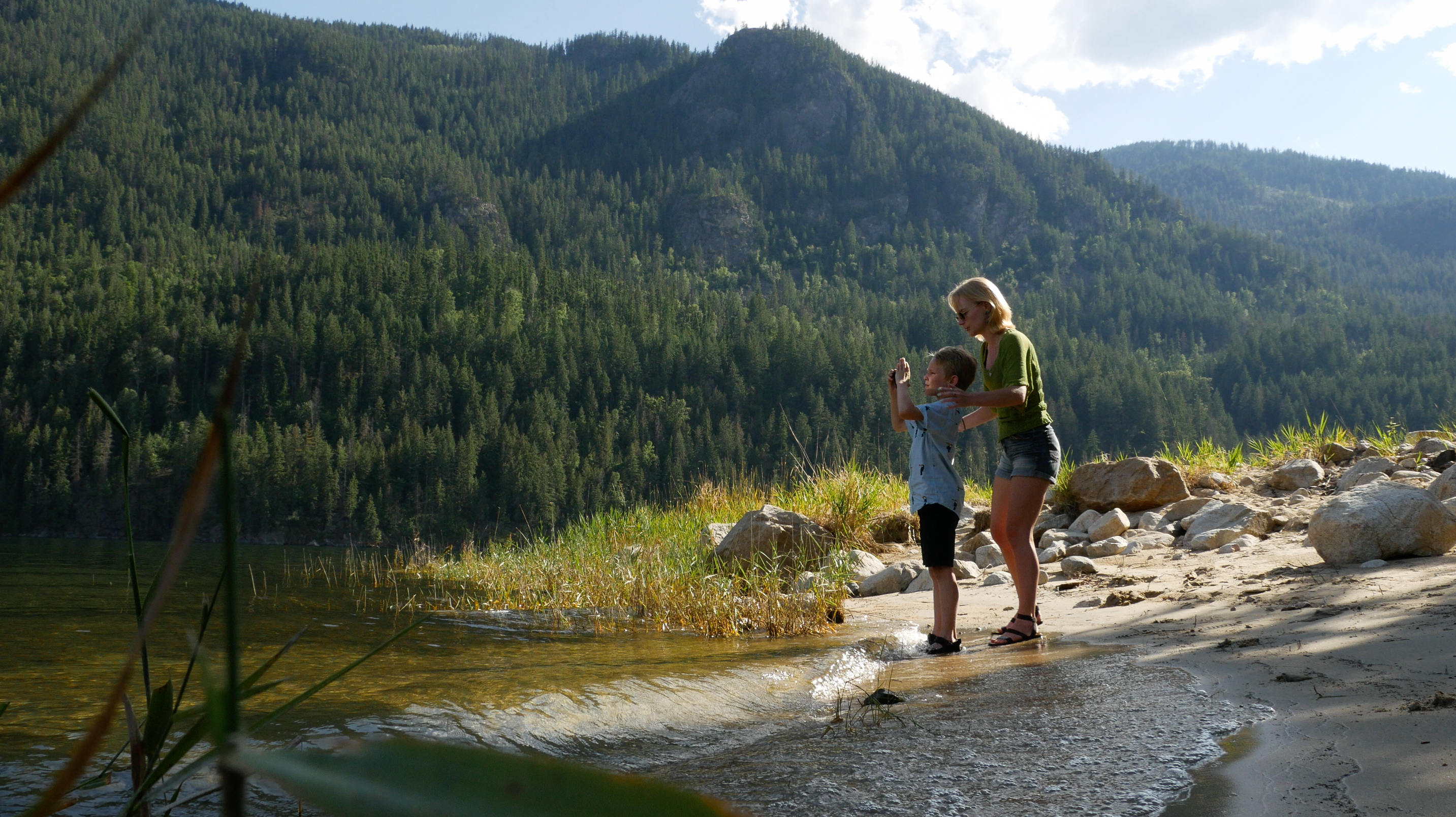
Beyond the immediate hazards such as heat events, wildfires and other climate impacts, climate anxiety can also have significant adverse effects on mental and physical health, leading to broader social and economic implications. A 2021 report published by the Canadian Climate Institute found that “the impacts of climate change on health could cost Canada’s health-care system billions of dollars and reduce economic activity by tens of billions of dollars over the coming decades.”
As the effects of climate change become more severe, prioritizing individual and collective wellness is crucial. For more resources, visit the Mental Health and Climate Change Alliance website.
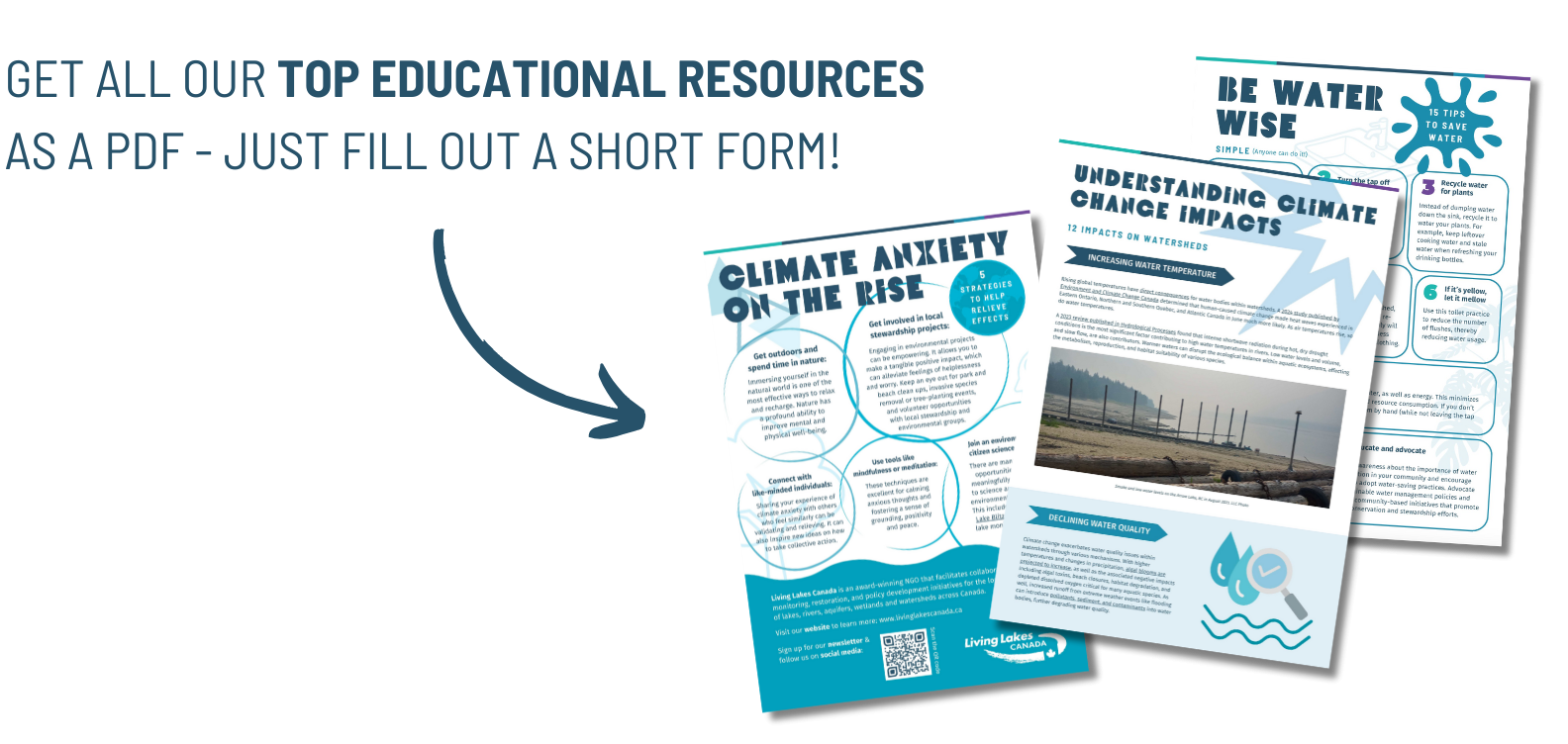
SIGN UP for Living Lakes Canada’s newsletter to stay in the flow of water news and get involved in the protection of lakes, rivers, wetlands and watersheds.
Learn more about our water science and stewardship
The National Lake Blitz is an annual volunteer citizen science program with the goal of encouraging the widespread monitoring of lakes across Canada by providing accessible tools and support. Learn more.
The Centre of Water Excellence for Youth delivers youth-specific programming to promote water literacy through educational programs, an exploration into emerging technologies in this field, and support for the implementation of stewardship projects. Learn more.
The Columbia Basin Groundwater Monitoring Program aims to increase knowledge about groundwater resources through collecting and sharing groundwater level data from dozens of Volunteer Observation Wells. Learn more.

